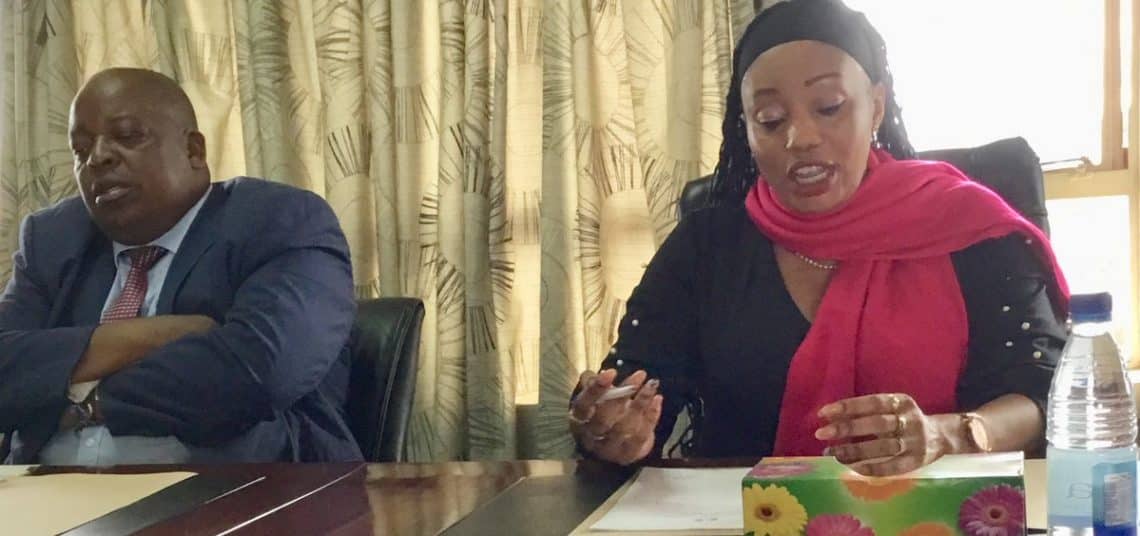By Harry Ruka Mazhindu
How Zimbabweans are going to vote is not clear. But the result will matter both to the future of their country and the region. A casual visitor to Harare will notice that Zimbabwe is holding a general election on 30 July.
Along the main streets and in the central Business district of Harare ZANU-PF has erected billboards and posters. However, many posters are for the parliamentary and local government elections and not the presidential election. The main opposition MDC Alliance has been more visible in rallies throughout the country with presidential candidate Mr. Nelson Chamisa having clocked more than 30 trips, far more than the incumbents’ led by President Emmerson Mnangagwa who are taking it rather easy.
The political parties rallies in Zimbabwe have traditionally be holistic in their approach rather that targeting a certain section of the voters. With voters’ roll statistics showing that 64 percent of the voters are people between the ages 18- 40, a serious political party should be focusing heavily on this niche considering that it will provide the swing vote. This group of votes has had an apathy that is extraordinary that in 2013 harmonised elections less than 10 percent of the over 3 million voters were youths between 18-35 years.
Their apathy can be related to Zimbabwe’s dire economic situation of about 16 years of stagnant growth, a deep double-dip recession since early 2000s and unending austerity-ought surely to make this young age group angry. And this is supposed to worry the 23 presidential candidates, 55 political parties and a host of independent candidates vying for National Assembly, Senate, Women quota and provincial council seats.
As Zimbabweans seem disillusioned with the leading contenders in the upcoming election, ZANU-PF and MDC Alliance and a depressing number seem ready to be won by Mnangagwa who like Chamisa is promising to resolve bread and butter around reviving the economy and creating jobs. With polls by Pan=African think tank Afrobarometer showing that ZANU-PF will win first round of presidential election with 42 percent of votes against MDC Alliance’s 31 percent, if this survey really mirror the thinking of the voters then a second round of election is brewing.
There is however, more interest in the presidential election whilst showing little interest in both legislative and council elections, which has led to some analysts calling for the separation of the polls as was the case before 2008 harmonised elections. Local government is the service delivery system for the country whilst the parliament produce laws and provide the necessary checks and balance to the central government that in turn provide an enabling environment for business and security etcetera.
Any party that wins a pluralist in the National Assembly is guaranteed a premium that may also give it control of the Senate and most likely provincial councils as well. The party that wins the presidential election could win both Houses of parliament since Zimbabweans are known to vote on linear style where they usually vote for the same party candidate from president to councilor.
